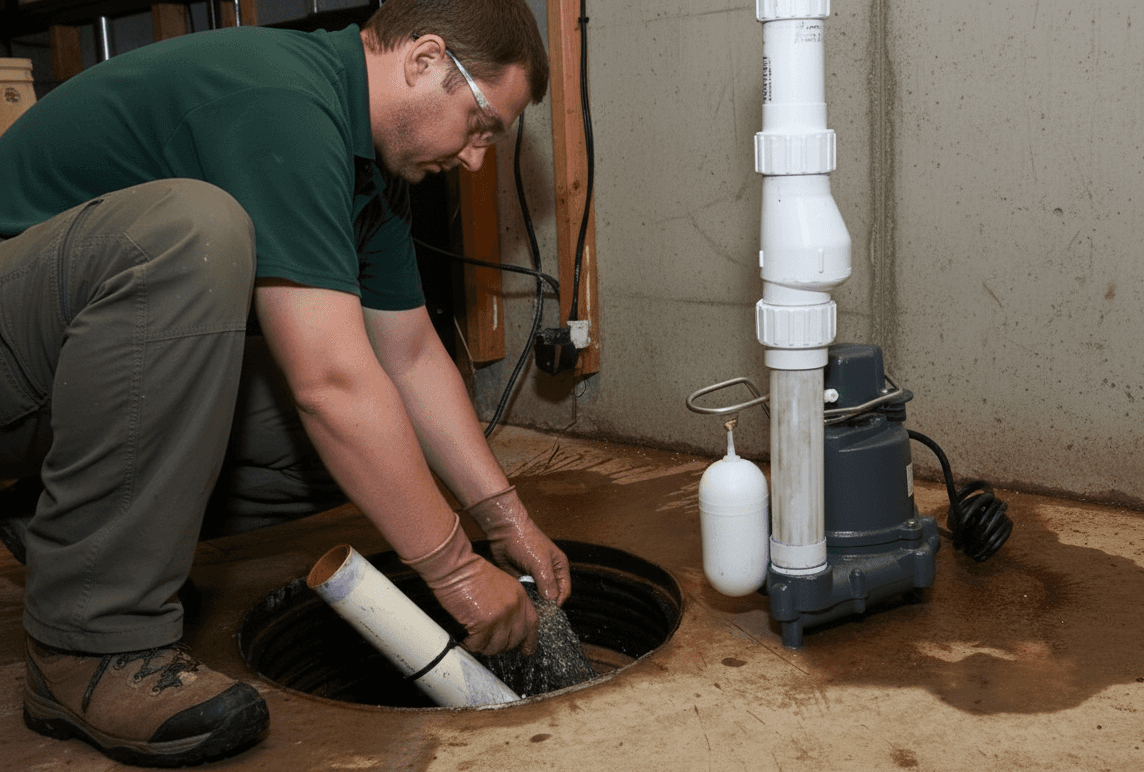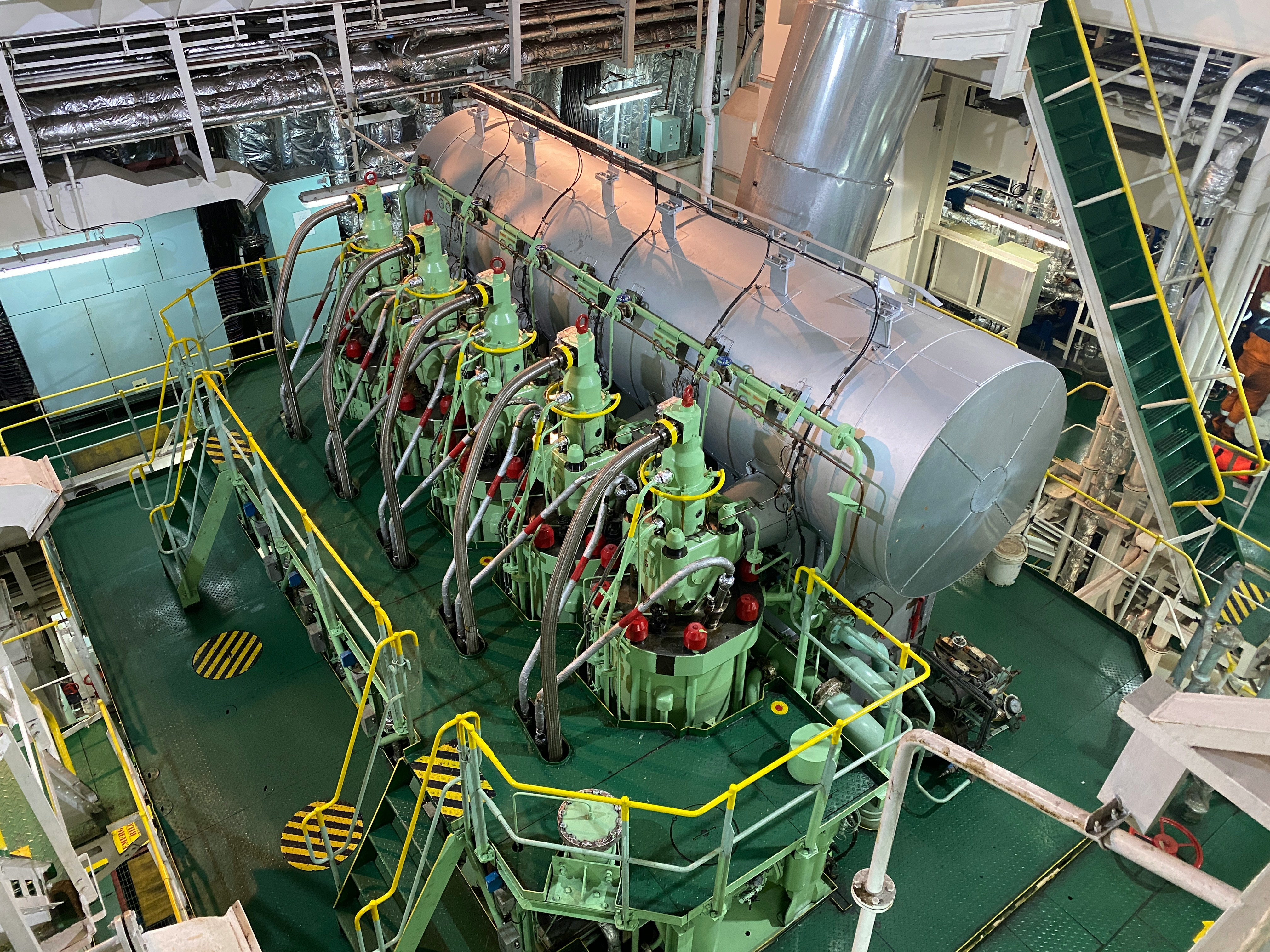Learn industrial automation for precise engineering solutions
Dec 16, 2024
Industrial automation uses technology to run machines and processes with little to no help from people. It is an important part of modern engineering because it allows businesses to be more efficient, consistent, and safe. Automating tasks like putting together cars, packing up things, or managing energy systems streamlines the manufacturing process. Reducing human error and speeding up production can enable businesses to meet customer demands and stay competitive.
Automation combines the benefits of precision and technology. Industrial automation boosts productivity with the capacity to do complex and repetitive work accurately every time. It lessens mistakes and optimises operational processes, empowering businesses to respond to changing market needs and maintain competitive advantage. Industrial automation also helps ensure the safety and sustainability of operations, contributing to long-term business success.
What is industrial automation?
Industrial automation uses technology to run machines and processes in manufacturing among other sectors with minimal intervention from people. Examples include and are not limited to sensors, computer systems, robots, and software. All of which allow us to get things done quickly and correctly. Industrial automation contributes to precise engineering solutions by optimising manufacturing, assembly, and packaging of specific and compliant parts or components.
Industrial automation has paved the way for many technological advances and modern conveniences we enjoy. For instance, it enables the auto industry to build and assemble top-performing cars. In food preparation, automated systems ensure that goods are always made, packed, and sorted in the same way. Moreover, automation is also applied in the energy sector to help run and monitor the safety of power lines. Industrial automation benefits businesses worldwide as it guarantees reliable and high-quality production of goods and services.
4 key technologies in industrial automation

1. Robotics and automation systems
Robots can speed up production while keeping quality high. They can also work in harsh environments that are unsafe for people, like chemical processing plants or areas with a lot of heat, pressure, or radiation. By automating these tasks, businesses can improve efficiency and reduce downtime, making operations run more smoothly and reliably.
2. Artificial intelligence (AI) and machine learning
Machine learning and AI improve automation by letting systems make smart choices based on data. With these technologies, computers can adapt to new situations, find patterns, and even guess what might go wrong before it does. This makes manufacturing more adaptable and effective, which lowers waste and raises quality generally.
3. Internet of things (IoT)
IoT links machines, sensors, and systems to instantly share information. This connectivity makes it easy to monitor equipment and processes closely. Sensors can track how well a machine works and let experts know when it needs serviced. Predictive maintenance helps prevent breakdowns and cuts down on downtime.
4. Computer numerical control (CNC) systems
Using pre-programmed directions, CNC systems control machining tools like drills and lathes. This ensures that every part is made correctly and consistently. With CNC machines, mistakes are less likely to happen, so making complicated parts with exact measurements is possible. Also, manufacturers can quickly switch between jobs, which helps to streamline processes and boost output.
Benefits of combining automation and precision engineering

Better performance: more products made faster with lower costs
Precision and automation work together to speed up production by doing repetitive jobs faster and more accurately than people can. Machines can work nonstop, increasing output and reducing wait times. Moreover, eliminating errors in production minimises wastage, duplication of work, increasing output and keeping unnecessary costs down.
Consistent quality: delivering defect-free products with high precision
With precision engineering, every product is made to exact specifications, and automation allows these steps to be repeated without any problems. They work together to lower the chance of defects, so every product is made the same way. Fewer quality problems happen because of this consistency, which helps companies keep their reliable reputation.
Scalability: flexibility to adapt to changing demands
It is easy to change the size of an automated system based on production needs. If demand rises, machines can quickly increase output without making big changes. The standard stays the same thanks to precision engineering, no matter how much is made.
Enhanced safety: reducing human error in hazardous tasks
Industrial automation removes people's need to do dangerous jobs like working with dangerous materials or heavy machines. Injuries at work are less likely to happen when these tasks are done by automatic systems. Precision engineering guarantees the safe and accurate operation of these devices.
Final thoughts on automating engineering processes
Precision is very important in engineering because it ensures that tasks are executed correctly and consistently. Industrial automation guarantees the accuracy of the manufacturing or machining process in producing high-precision parts and components that meet exacting tolerances This helps you avoid mistakes and downtime that cause profit loss. It enables engineers to comply with high standards and reliable performance, ensuring every part or component works as it should.
Industrial automation bolsters precision engineering solutions for quality control and assurance. Precision in production methods reduces mistakes and the number of goods that fail quality checks. So, there will be less waste, lower prices, and better use of resources. When precision and automation work together, they ensure that every step of the process is the same, which delivers consistent results every time. Ultimately, industrial automation helps guarantee high-quality goods, making customers and investors happier.





